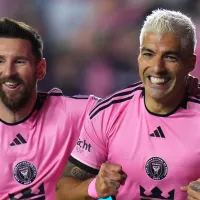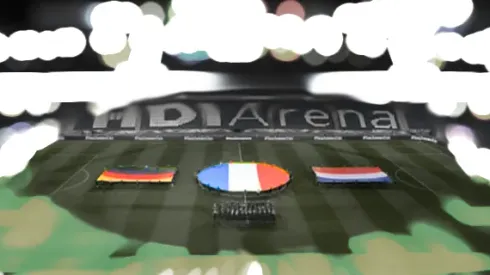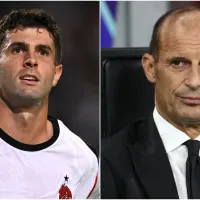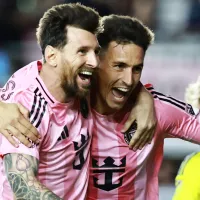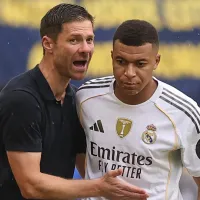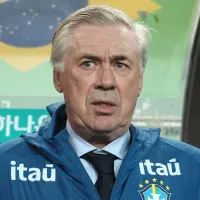
The followup of Friday’s events in Paris with the cancellation of Tuesday’s Germany-Netherlands friendly has shook the world. Four days after attacks in France included blasts outside the Stade de France during a France-Germany friendly, a suspicious package was found HDI-Arena in Hanover, prompting local police to evacuate the venue and cancel the scheduled match. That soccer was inextricably linked with both incidents could change how consumers of the sport interact with the world’s game going forward.
After 9/11, American sporting events were cancelled for a week, and the country sat in suspended animation. US politicians railed against anything that seemed foreign or threatening. But Europe in the post-Cold War era does not operate this way. Soccer is a multi-cultural, multi-national game, one that has the ability to bring people together. While most American sports and politicians can live in a reactionary phase and enjoy certain degree of splendid isolationism, soccer, a global unifier, cannot.
Take France’s 1998 World Cup-winning side. The team was decried by ultra-nationalists as something unnatural and un-French because of the presence of so many players with international backgrounds. But that side ultimately helped to unite a nation and make French society more tolerant and accepting. Following Friday’s attacks, the current version of Les Bleus went on with its job of representing a united country by playing Tuesday’s friendly at Wembley against England. Though there was increase in security outside the stadium, most fans still found their seats in time for kickoff, joining in La Marseillaise as another group of players represented a nation.
In Germany, this sport is a working class game, dominated by community-oriented clubs that represent the best of German society. While some violence from right-wing ultras has been linked with soccer, particularly in the former East Germany, football has proven a powerful integrator of the nation’s many immigrants – groups that have not only given the country Miroslav Klose and Lukas Podolski but Mesut Ozil and Sami Khedira. As evidenced by reactions of last summer’s World Cup run, the sport has also provided a healthy outlet for nationalism in what is a more dynamic and cosmopolitan country.
Going forward, security considerations are going to be a more important factor in the sport, but allowing soccer to be held hostage by terrorists is something I just cannot see the French and German populations accepting. This sport is after all the people’s game, and while terrorists might target stadiums and national team friendlies, so many players and fans of both the German and French teams are immigrants, and in many cases even Muslims.
The enduring spirit of the sport and the tolerance many fans have shown in France and Germany over the last decade is part of a growing process in Western Europe. Soccer, even in this time of heightened fear, increased paranoia and massive security, can serve as something that brings society together, helping us move past these awful tragedies. That same power to united cultures, nationalities, among other differences can help soccer lead the unification process against these intensifying threats.
There may be increased security presences around matches and clubs, but that does not necessarily mean supporters and fans have to change how they interact with the game. While short-term headlines might be dominated by politics and terrorism, it is highly unlikely the game suffer the type of long-term changes many will fear. Instead of being changed by these threats, the world’s game may help heal new wounds, as well as lead humanity forward.

